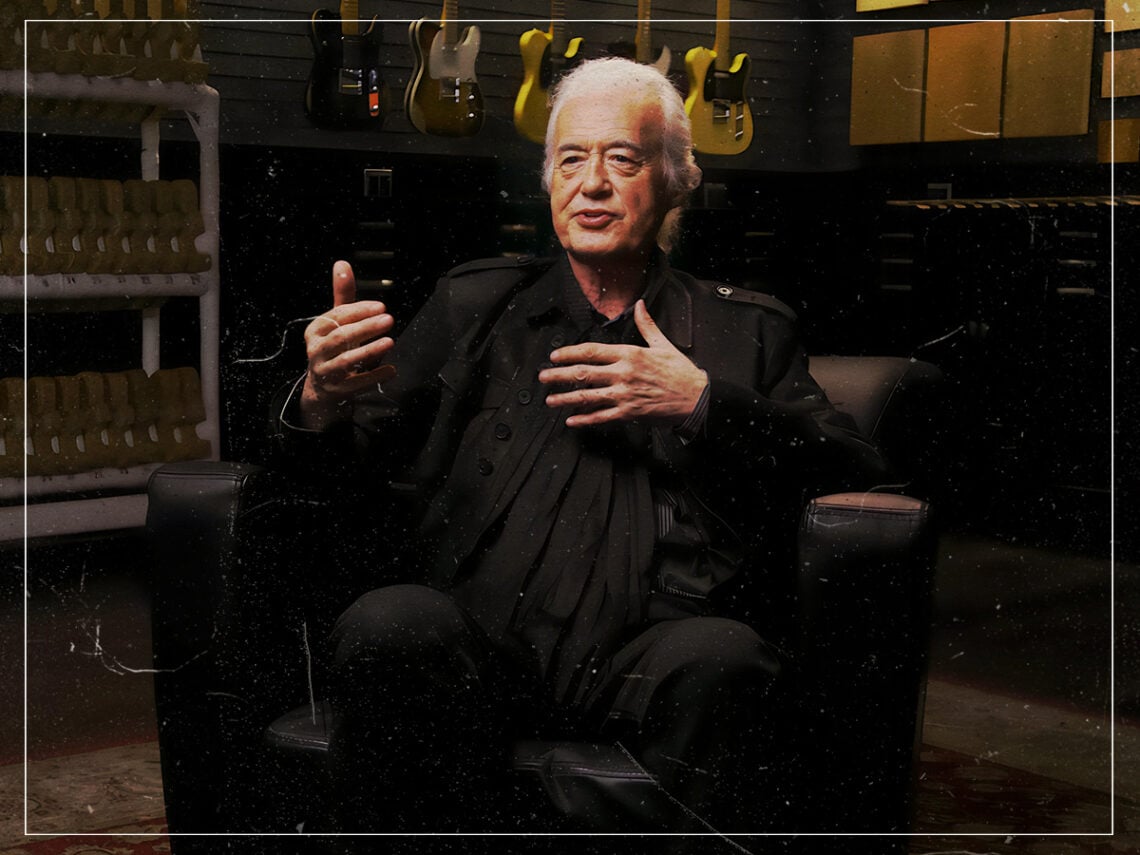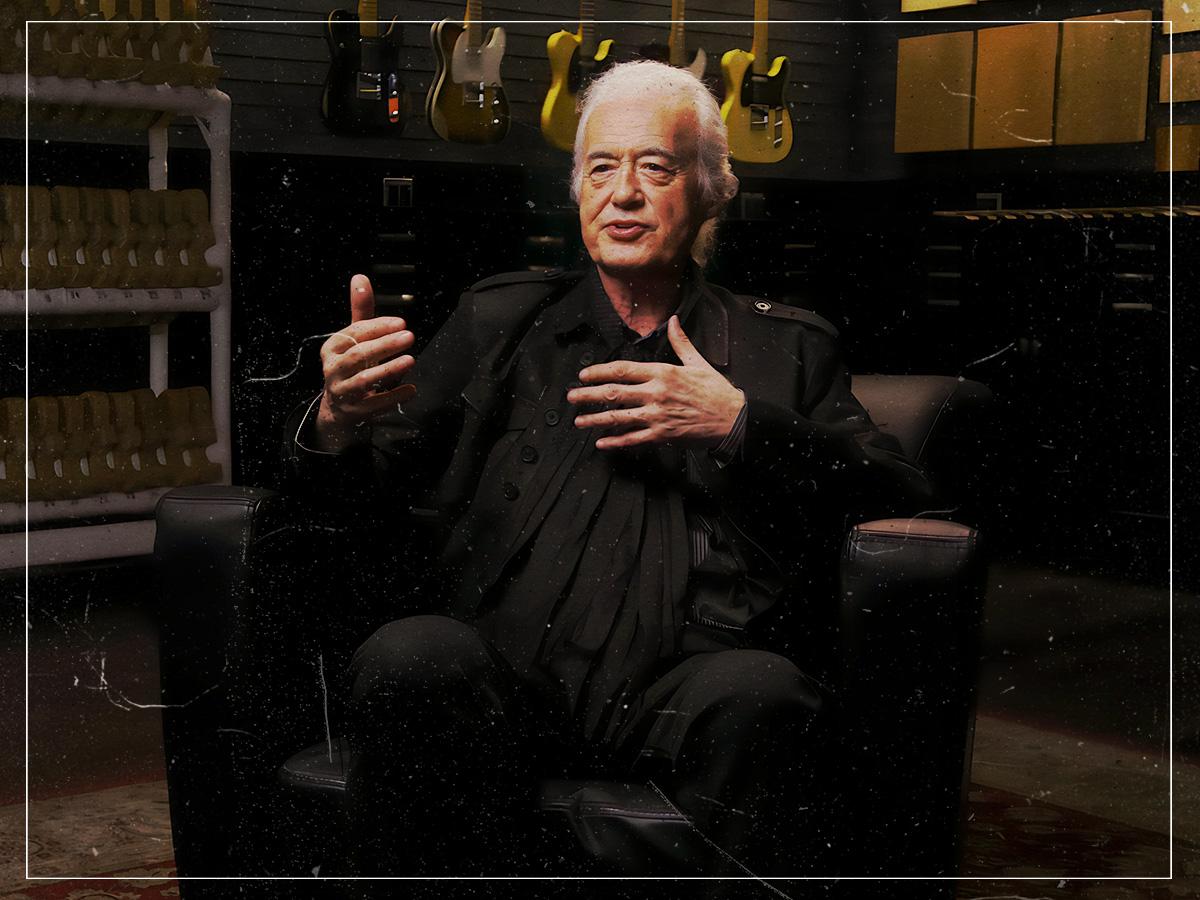
(Credits: Far Out / YouTube Still)
Thu 16 October 2025 2:00, UK
When you look back through musical eras, it can stun you how starkly different each of them presented themselves. What was normalised in the 1970s was quickly forgotten about by the time the 1980s rolled around and a decade after that, well it became almost a laughing stock.
Take two of Britain’s biggest ever bands as an example, and you will quickly understand what I’m referring to. In the 1970s, Led Zeppelin were the kings of rock and roll, and largely had their brand of powerful, sexualised rock to thank for that. At the very front of that was Robert Plant, bare-chested and long-haired, making no bones about his attempt to sexually transfix his audience.
Then just two decades later, that all felt like satire, as music had moved into something entirely different. Liam Gallagher had replaced him on the throne, and rather than wearing crushed velvet flares, he threw on an oversized Adidas tracksuit and a bucket hat. The point is, however, that both approaches in their time felt right and true to natural to the artist who adopted them. They were reflections of the societies in which they performed.
What wasn’t true, however, was the alumni of copycats who came in their wake. In terms of Oasis, the remnants of that can still be seen now, 30 years on from their rise to fame, but in the 1970s, it was more immediate. Bands all over the world saw the success Led Zeppelin were having, and tried their best to harness the same sense of captivating on-stage energy as the British band.
However, during Robert Plant’s rise to becoming one of the most beloved frontmen, certain critics were keen to label the performer a copycat himself. Because on the other side of the pond, in a band called The Doors, Jim Morrison was hypnotising music fans in a somewhat similar fashion. Some eyebrows in the musical circle were raised, and accused Plant’s on-stage persona as being a rip-off of Morrison’s. An idea his bandmate Jimmy Page was quick to refute.
“How could he have done? They’re completely different,” he said. “If you want to relate Robert to a sexual image, and a lot of people are doing that, he’s all those things one would associate with it. He’s good looking (I’m not saying Jim isn’t), he’s got the virile image, he moves very well on stage and he looks right and he sings well — his whole thing is total sexual aggression.”
He added, “As far as I could see, the Morrison thing is just an embarrassment towards the audience. He would actually insult them and swear at them and his sexual thing is more of an introvert thing — it isn’t so extroverted as Robert’s.”
Page makes a fair point. Like I said, the 1970s were littered with artists making sexuality the key component to their performance style. But what existed around it was vastly different, and that was very much the case when it came to Plant and Morrison.
Related Topics
The Far Out Led Zeppelin Newsletter
All the latest stories about Led Zeppelin from the independent voice of culture.
Straight to your inbox.

